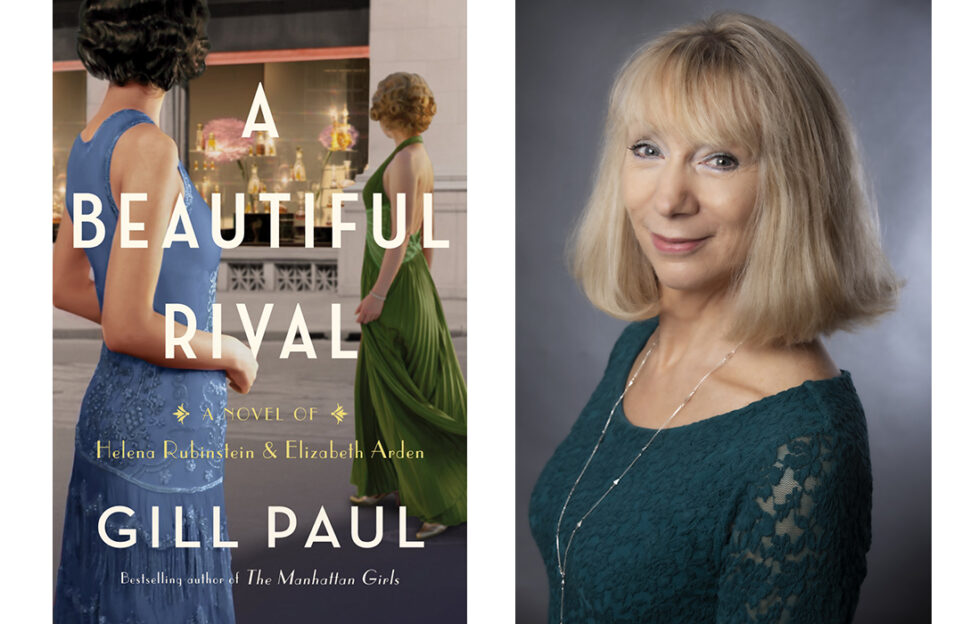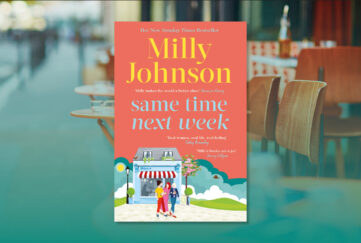A Beautiful Rival | Gill Paul

REVIEWED BY LINDA HILL
A Beautiful Rival by Gill Paul is a sumptuous novel, filled with interest, intrigue and rivalry that transports the reader to a completely different world and era…
It’s absolutely fascinating to find out about Helena Rubinstein and Elizabeth Arden in Gill Paul’s skilful blend of assiduously researched fact and fictional invention.
The rivalry between the two women is cleverly conveyed and impacts the reader deeply: so much of it is based in rumour, supposition and hearsay in ways that could have been avoided had the two women behaved differently towards one another. Through these complex and compelling characters, Gill Paul examines how truth is twisted, created and obfuscated – and how what people really think and feel is so manipulated by the press in harmful and damaging ways.
The presentation of historical anti-Semitism, for example, is sensitively handled. It is realistic for the period in which the book is set, but with appropriate understanding from our modern perspective. There’s mature and entertaining insight into a world of competition that encompasses some universal truths about marriages of convenience, sexual preference and commercial Machiavellian behaviour. These themes add texture and interest every bit as much as the vitriolic relationship between Rubinstein and Arden.
Timeless glamour
That isn’t to say A Beautiful Rival is focused entirely on profound issues. Rather, the story explores social history at a time of extreme turbulence between the wars in a way that truly brings the era alive. It is a sumptuous glimpse into a world most readers can only dream about, with the glamour of London, Paris and New York and the lives of the rich and famous brilliantly displayed.
At the heart of the novel is an exploration of relationships – from siblings to lovers, through friends and enemies, marriages and divorce. As these resonate throughout history, A Beautiful Rival is given a recognisable universality and timelessness.
It’s not only a fascinating, entertaining insight into how the other half live, it illustrates the relatable human need to be loved, to achieve a sense of self and to find somewhere – or someone – to call home.




